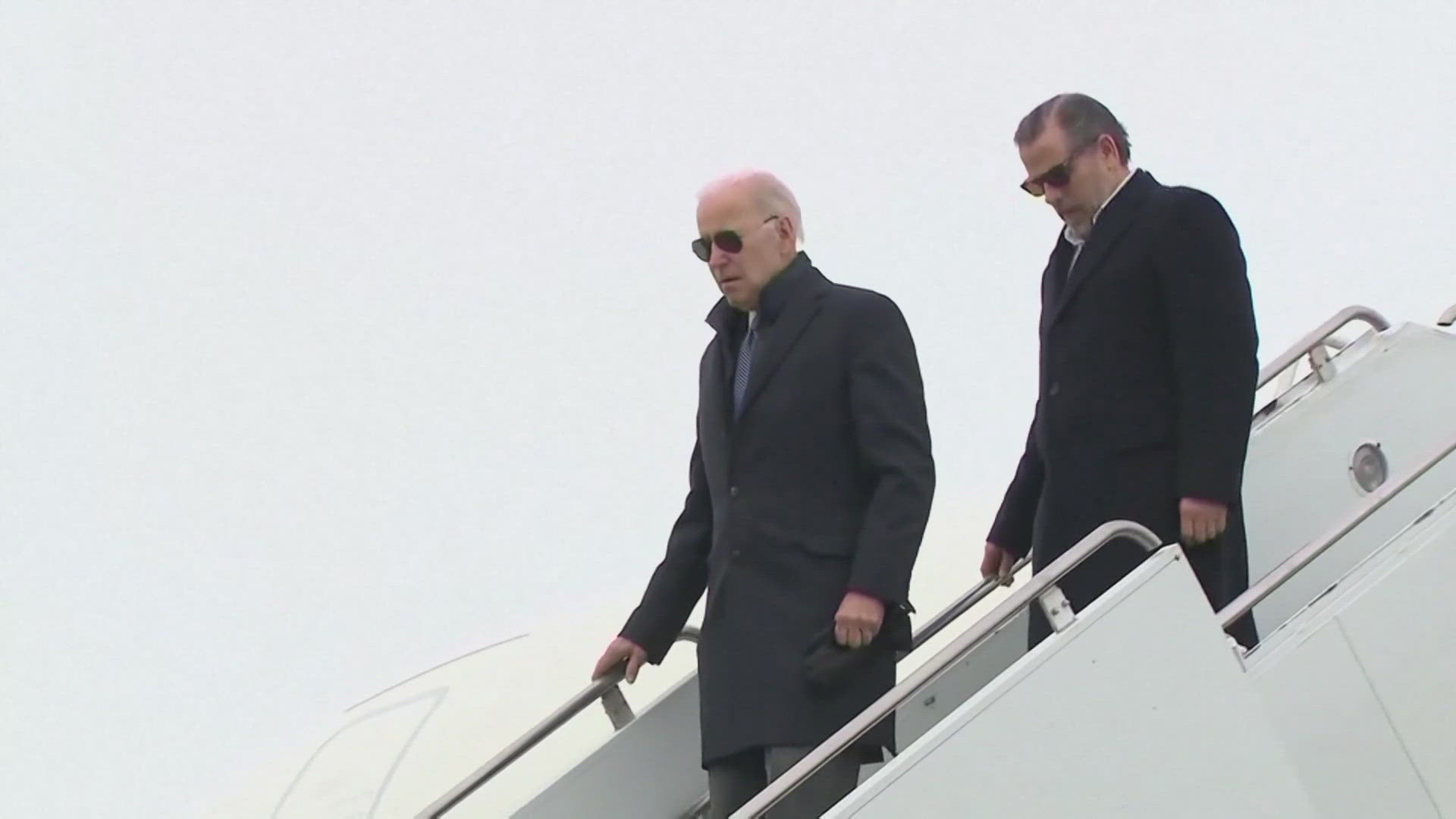"Andersen's conduct in obstructing the Securities and Exchange Commission investigation of Enron contributed to the historic shaking of the foundations of our markets," prosecutor Sam Buell told the judge.
Probation seems a hollow threat for a firm that shuttered its audit practice and closed offices across the country after its conviction in June. Andersen, once a revered member of the Big Five accounting firms, has fewer than 2,000 of 28,000 employees left on the payroll.
Probation means Andersen faces more fines and extended probation if it violates terms set by U.S. District Judge Melinda Harmon. The terms include no criminal activity and permission from a federal probation officer before Andersen can sell its assets.
Andersen attorney Rusty Hardin said the company still believes its employees committed no crime and accused the government of "drumming an entire company out of business for the actions of a few."
Former partner Bob Palmquist called the case a "sideshow" that forced thousands of workers who never touched the Enron account to scramble for other jobs.
"Good work, guys," he said to prosecutors outside court. "Take it to your grave."
Leslie Caldwell, head of the Justice Department's Enron Task Force, said firm managers are responsible for Andersen's demise -- not the government.
Andersen's criminal trial was the first to emerge from last year's dizzying collapse of Enron, which cost shareholders millions and employees their nest eggs.
Most of the testimony during Andersen's focused on document shredding and the destruction of computer records. Prosecutors suggested the actions were intended to keep material from investigators looking into Enron's collapse.
The auditor in charge of Enron, David Duncan, told jurors how he ordered employees to comply with the firm's document retention policy, which calls for the destruction of extraneous material. He admitted he knew material that might be of interest to investigators would be destroyed.
But after the verdict, jurors said they did not pay much attention to the shredding, and instead focused on an e-mail sent by Andersen lawyer Nancy Temple to Duncan over a press release about Enron's earnings.
Temple asked Duncan to remove a sentence and eliminate her as an addressee because it might increase "the chances that I might be a witness, which I prefer to avoid," according to testimony and court documents. She also suggested Duncan delete "language that might suggest we have concluded the (Enron earnings) release was misleading."
Andersen fired Duncan in January after he publicly acknowledged Enron documents had been shredded. He later pleaded guilty to obstruction and agreed to cooperate with the government. His sentencing is set for Jan. 3.
No one else at Andersen has been charged.
One of the jurors, Wanda McKay, attended Wednesday's sentencing and said she disagreed with prosecutors' constant reference to shredding.
"They keep saying we found them guilty of document destruction and we didn't," she said. "The jury found one person guilty of doctoring a draft memo."
Andersen has settled at least a dozen cases over the past 20 years to end investigations into allegations its auditors missed, ignored or hid clients' financial problems from investors -- most notably involving Waste Management and Sunbeam. The company also handled the books for WorldCom, the telecom giant accused of fraud for hiding $3.8 billion in expenses.
The firm and many former partners face lawsuits from shareholders left with near-worthless stock after the failures of Enron and WorldCom.
Arthur Bowman, editor of Bowman's Accounting Report, said the remaining Big Four accounting firms have to be more scrupulous and more skeptical of clients.
"Last year, we had no clue that one of the Big Five would disappear by now and that is shocking," Bowman said. "This is a wake-up call to the other firms that they should be doing their work properly or they, too, could go down."
/>

